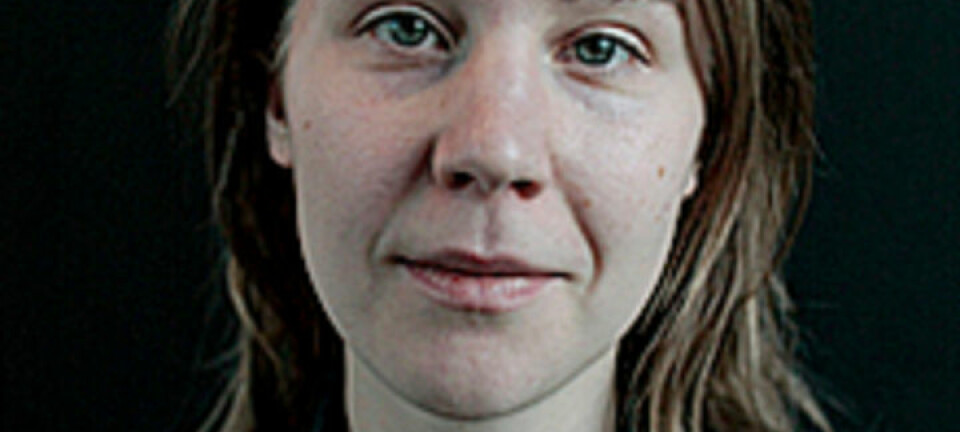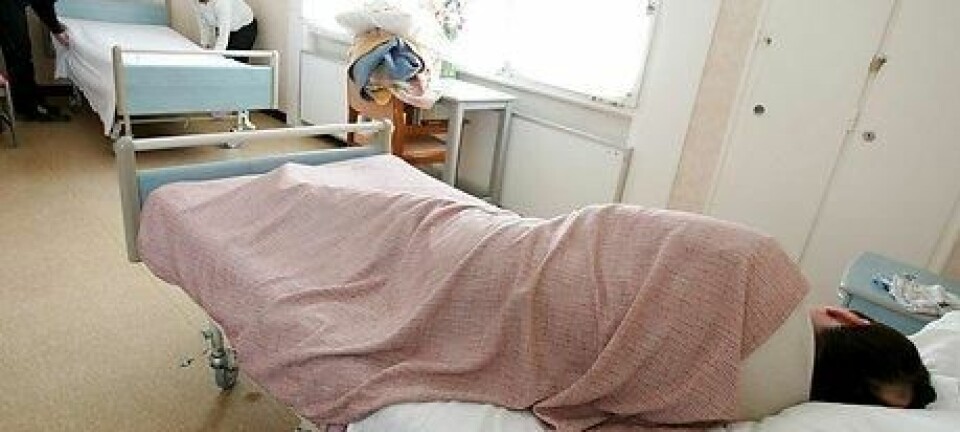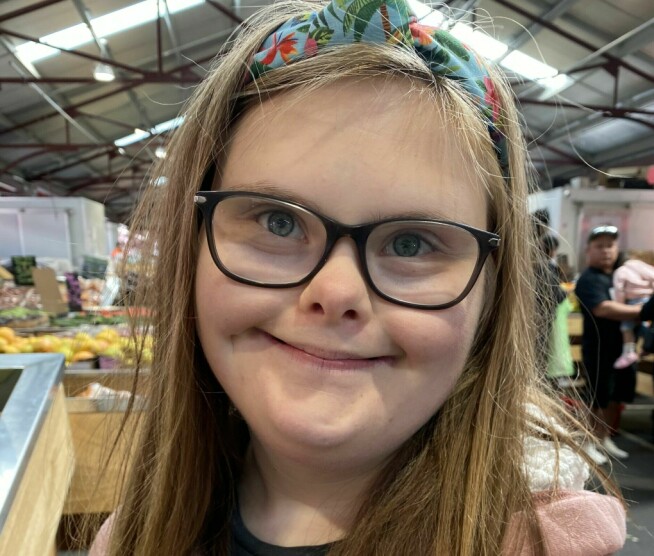
Intensive schizophrenia treatment shows great promise
A new study has looked into the effect of intensive treatment programmes for young people with schizophrenia. The results show that we should stick with the intensive treatment.
The OPUS research project was launched in Denmark in 1998. Some 547 young people with youth-onset psychosis took part in the study, half of whom received standard treatment, while the other half underwent a specially designed OPUS treatment programme for two years.
A research group has now evaluated the effects of the OPUS treatment, and the results look promising.
The evaluation shows that the patients in the OPUS treatment group were generally more satisfied with the treatment than the standard treatment group. The OPUS patients also used less medication, and the medication they did use was generally more effective against the disorder.
OPUS goes beyond just the disorder
The results of the evaluation come as no surprise to Ulrik Haahs, a consulting psychiatrist at the Early Psychosis Intervention Center in Roskilde, Denmark. He is responsible for coordinating the OPUS programmes in Region Zealand.
The young person comes into contact with an interdisciplinary team consisting of psychologists, psychiatrists, occupational therapists and social workers. The staff have more time to get to know the person and the challenges he or she faces in everyday life. The focus goes beyond just the disorder.
Merete Nordentoft
“This looks familiar, even though we have not conducted the same study in our region,” he says.
“The medical treatment is probably fairly similar in the OPUS and the standard treatments. It’s the therapeutic measures that go beyond the medicine that really make the difference.”
According to Merete Nordentoft, a clinical professor at Psychiatric Centre Copenhagen, the OPUS treatment differs in many ways from the standard treatment. She was one of the driving forces behind the launch of the OPUS programmes in Copenhagen, and she also helped with the new evaluation.
“The young person comes into contact with an interdisciplinary team consisting of psychologists, psychiatrists, occupational therapists and social workers. The staff have more time to get to know the patient and the challenges he or she faces in everyday life. The focus goes beyond just the disorder,” she says.
The patient is a ‘long awaited guest’
The standard treatment is more like: ’Do you have any symptoms? Here is some medicine.’ In OPUS, we can offer much more detailed help.
Merete Nordentoft
Today, the treatment programmes are available in all regions in Denmark, and in the Capital Region all youths with schizophrenia are offered an OPUS treatment programme.
The instructions for the OPUS staff say that the patient should be greeted as a long awaited guest, who they are happy to see and who they want to stay for a long time.
”The standard treatment is more like: ’Do you have any symptoms? Here is some medicine.’ In OPUS, we can offer much more detailed help,” says Nordentoft.
“Patients are in contact with a professional once a week, and the family is also involved. In OPUS, we can dig into the worries that the young people have about losing friends, being thrown out of their flat or their study, etc.”
Each contact person for the young people is only affiliated with 10-12 patients, whereas in the standard treatment a contact is affiliated with about 40.
”OPUS gets many things right,” says Haahr. “Intensive treatment is started early on, and that prevents a worsening of the symptoms. Efforts are made to ensure a close contact with the same therapist – much closer than what has been possible in the traditional treatment. The combination of supporting therapy, psychoeducation and family treatment has a great effect on the long-term outcome.”
Family is involved in the treatment
Whenever possible, near relatives are also involved in the OPUS treatment. In 90 percent of the cases it was possible to involve relatives in the programmes.
When OPUS was launched, the researchers examined how often the relatives were involved in the standard treatment, and they found that this only happened in 20 percent of the cases.
”It is good for the relatives to take part in the treatment because they are obviously worried and confused about how they can help,” says Nordentoft. “They can gain a better understanding of the disorder and its symptoms. This also benefits the patient, because the relatives get better at providing the right support. They also know the patient much better than we do, so they can make us aware of symptoms that we cannot see.”
The evaluation of the OPUS programme is published in the journal Early Intervention in Psychiatry.
----------------------
Read the Danish version of this article at videnskab.dk








